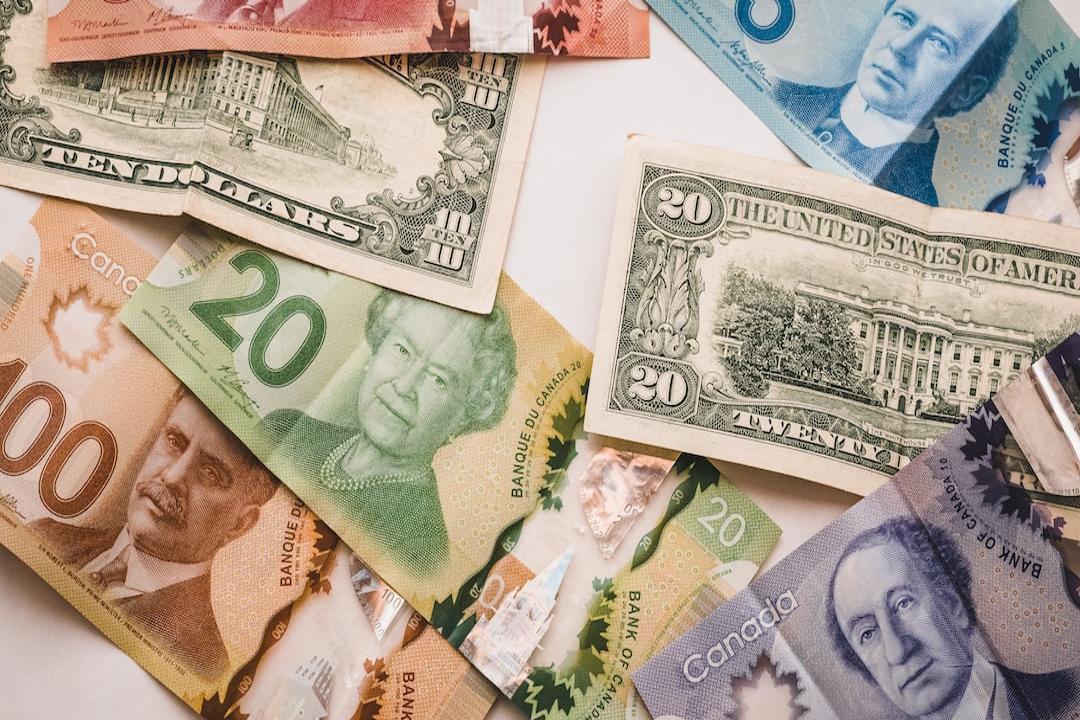Japan’s Financial Services Agency (FSA) intends to revise the Financial Instruments and Exchange Act to label crypto assets as financial products and give them legal status.
According to Nikkei Business Daily, the commission will also place crypto assets under trading restrictions to build investor trust.
Japan’s FSA plans to introduce amendments to have assets classified as financial products
The FSA hopes to build a robust framework for the crypto industry and clear any uncertainties among traders. The commission plans to grant digital assets legal status, regarding them as financial products. However, it will restrict part of the buying and selling of assets based on undisclosed information to better protect investors.
The trade restrictions are meant to hinder market manipulation and eliminate unfair trading practices in crypto transactions, as per the commission’s claims. It even added that it only wants to protect the market’s integrity while promoting innovation.
A financial committee within the agency is also set to begin discussions on the proposed amendments in the summer of 2025 and hopefully submit a bill to parliament as early as 2026 to revise the Financial Instruments and Exchange Act.
While it’s not clear what other amendments will be introduced, this is not the first time the commission has discussed crypto regulatory changes.
On September 25, 2024, the Financial Council working group met to discuss possible updates on fewer restrictions for crypto companies and even the allowance of short-term government bonds.
See also: South Carolina drops lawsuit against Coinbase
In August 2024, the agency even began considering tax reform requests.
Japan’s LDP suggested tax reductions on crypto gains
Before the FSA announcement on crypto classification, on March 6, 2025, LDP Lawmaker Akihisa Shiozaki also proposed establishing a new asset class for digital assets. Similarly, he argued that crypto assets should no longer be categorized as “property” and suggested shifting their regulation from the Payment Services Act to the Financial Instruments and Exchange Act.
Shiozaki recommended that crypto be classified under “financial products,” subjecting it to regulations similar to securities but with its own separate framework.
Moreover, just recently, Japan’s ruling Liberal Democratic Party (LDP) also proposed reducing taxes on crypto-realized gains to 20%. Startale Group CEO Sota Watanabe even remarked that tax cuts could encourage more people to buy crypto and increase on-chain activity.
He believes that the cuts may also set the foundation for Bitcoin ETFs in the nation. So far, crypto transactions in Japan have been subject to a 55% tax rate on realized gains, classified as miscellaneous income.
Cryptopolitan Academy: Tired of market swings? Learn how DeFi can help you build steady passive income.
Register Now

